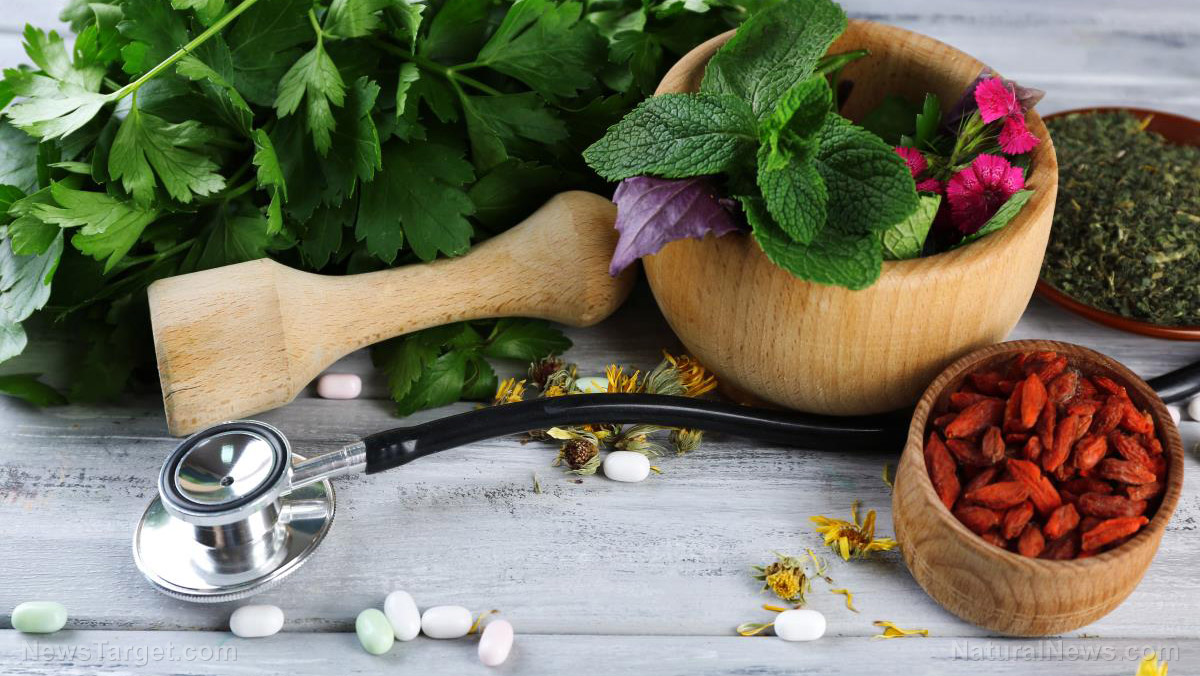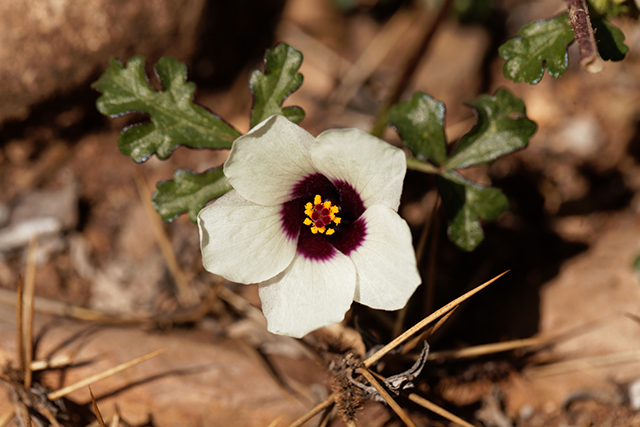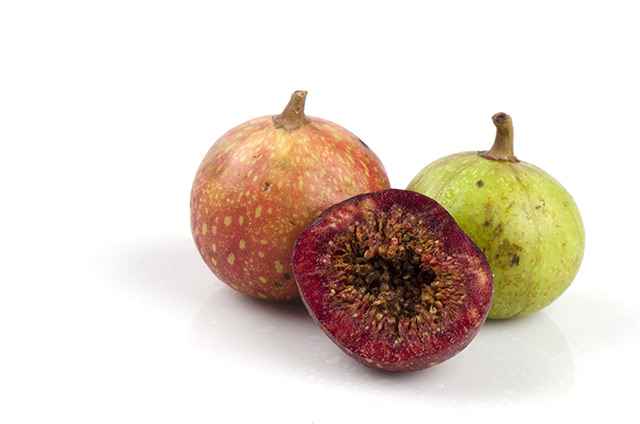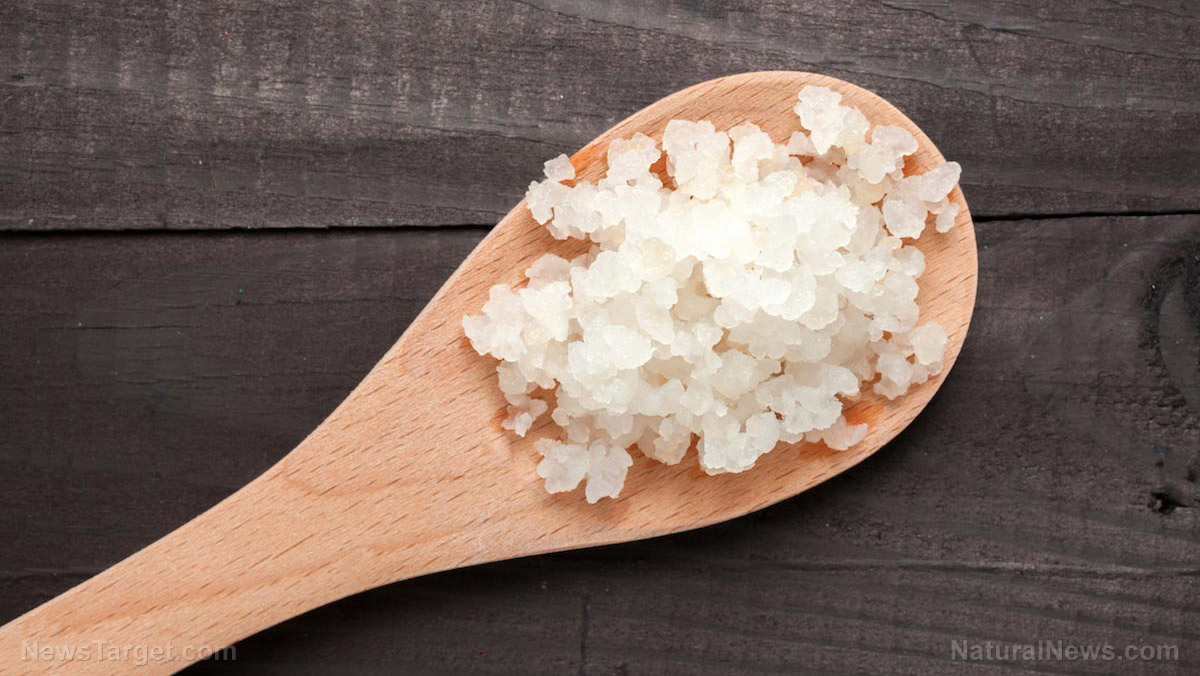Originating from the Himalayan mountain ranges, Kala Namak or Indian black salt is a highly-prized condiment that is actually purple or pinkish gray in color. The peculiar coloration is due to the presence of irons and other minerals; so while it may not be “black”, it is packed with high amounts of nutrients, minerals, and flavor. Its unique taste—said to be remarkably similar to eggs—has made it a popular spice in India and Pakistan. Its myriad of health benefits have also made it a prized ingredient in Ayurvedic medicine, as well as a rising star among natural health circles the world over.
Indian black salt’s health benefits
According to NaturalBlaze.com, Indian black salt is often prescribed for patients with high-blood pressure or require a diet low in salt. The low sodium content of naturally-made Indian black salt makes it a superb alternative to regular table salt. Aluminum silicate and potassium iodate are the two chemicals that have made sea salt a banned food in certain countries; thankfully, Indian black salt contains neither of those dangerous chemicals.
Indian black salt has also been utilized to treat a variety of health conditions in a wholesome manner. Among the many ailments it can cure are joint disorders, constipation, bloating, heartburn, and respiratory troubles. Others have used it to control their cholesterol levels, blood pressure, and blood sugar levels. Still others have praised it as an excellent food to fight against osteoporosis, obesity, and even depression. (Related: SALT, PEPPER & LEMON Found To Cure These 9 Problems Better Than Any Medicine)
Parents of very young children have a lot to gain from keeping Indian black salt in their homes. Sprinkling a bit of Indian black salt into baby food can prevent digestive issues and gastric problems from troubling the baby. Adding a pinch of Indian black salt to some honey is an effective remedy against a cough.
Other benefits
Mixing Indian black salt into your bathwater helps get rid of cracked feet, warts, and even body acne. Combining a small amount of Indian black salt with your facial cleanser or scrub can give an oil-free face without clogged-up pores and acne. Those with a receding hairline have a lot to gain from Indian black salt since it is abundant with natural minerals that can boost hair growth and strengthen hair too. When blended with tomato juice, the salt-tomato concoction becomes a fantastic dandruff treatment.
From chutneys to salads to yogurts, Indian black salt can be incorporated into a wide variety of dishes. People who adhere to a strict vegan diet have been using it as well, due to it tasting similar to eggs. The sodium content in Indian black salt also makes it a wonderful addition to flavor cool drinks in the summertime, since it can replace the sodium lost through perspiration.
Although a truly amazing spice, Indian black salt has one major drawback. Since it originates from volcanic rock, it contains a high volume of sulfur. Sulfur, if consumed in large amounts, can lead to digestive problems such as a weakened digestive system. That’s why it’s important to take only as much Indian black salt as necessary. However, this shouldn’t discourage you from making Indian black salt a part of your spice rack. There’s so much it can do for you and your entire family.
Expand your horizons on beneficial and natural ingredients and foods by visiting Ingredients.news.
Sources include:
NaturalBlaze.com
StyleCraze.com
LiveStrong.com
BabaMail.com





















